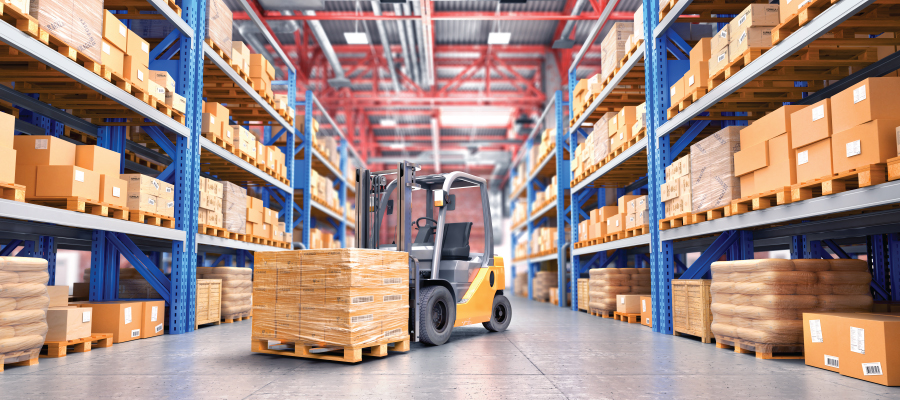Environmental sustainability is one of the key pillars for every organisation in its rapid progress and growth. It has various facets, such as economic sustainability, optimised use of natural resources, mitigating practices that can pose issues to the environment such as waste generation and pollution, all collectively leading to a positive impact on the environment. Allcargo Supply Chain has undertaken continuous improvement projects to target root causes, enhance operations, and drive sustainable solutions, effectively promoting long-term viability and resilience.

A transformative initiative taken up by Allcargo Supply Chain (ASC) is regeneration of forklift batteries used in the Material Handling Equipment (MHE) fleet, with the aim to increase battery life by 30%. The idea to regenerate batteries came from a simple forklift failure. However, it resulted in remarkable benefits, the most prominent one being its invigorating impacts for environment sustainability.
For ASC, it has resulted in a whopping 20% improvement in productivity, improved machine quality, cost optimisation due to savings on rentals, and most importantly, saving on carbon footprint.
Need for battery regeneration – how ASC came about the idea:
Sustainable development fosters innovation aligned with environmental and social goals. At the root of ASC’s battery regeneration project was the breakdown of a forklift battery at one of the warehouse locations.
Batteries lose their ability to hold a full charge over time due to wear and tear during use. This results in batteries taking longer to charge, higher battery temperature, and shorter run time between charging, leading to damaged batteries. The electrical capacity of a new battery is 100%. Over time, it decreases: it is about 70% after two to three years and decreases to 45% after four to five years.
Similarly, the charge time of a battery increases with age. Thus, a four- or five-year-old battery is likely to take 40% more time to charge.
The impact is either lowered productivity, or premature disposal and replacement of batteries, contributing to environmental waste. Moreover, the lead acid batteries used in such equipment pose severe disposal issues.
Battery regeneration involves restoring a battery to its original capacity, thereby prolonging its lifespan and reducing the need for new battery production. Hard sulphation is the main cause of battery failure. The technology removes the hard sulphation in battery by applying electric pulses of varying current intensity and frequency as per the condition of battery. By using a battery regenerator machine, ASC was able to address the root causes of battery degradation and extend the working life of its MHEs.
Benefits for the environment:
The benefits of battery regeneration extend beyond operational improvements. By extending battery lifespan and reducing consumption, ASC has contributed to significant carbon footprint savings, in line with Allcargo Group’s commitment to achieving carbon neutrality by 2040.
Increased battery life span means reduced battery consumption, in turn reducing consumption of all resources required to produce new batteries. It reduces carbon emissions with savings in production and transportation. Additionally, the reduced need for new battery production leads to lower carbon emissions associated with manufacturing and transportation.
According to last available official figures from the UNEP, the estimated total global releases from production, use, disposal and recycling of lead and related products were up to about 4 million tonnes per year between 1970 and 2010.
There is also a reduced chance of damage to the equipment since its battery is in a good condition
These environmental benefits are complemented by cost savings, as regeneration costs are approximately one-third of purchasing new batteries.
Heading toward a sustainable tomorrow:
The transformative power of sustainable practices in modern business operations is phenomenal. By prioritising environmental responsibility and embracing innovative solutions, ASC has not only optimised its operations but contributed significantly to mitigating adverse environmental impacts. As industries worldwide aim for net-zero every small and big initiative and intervention can lead to substantial transformations, benefiting both businesses and the planet earth.
















